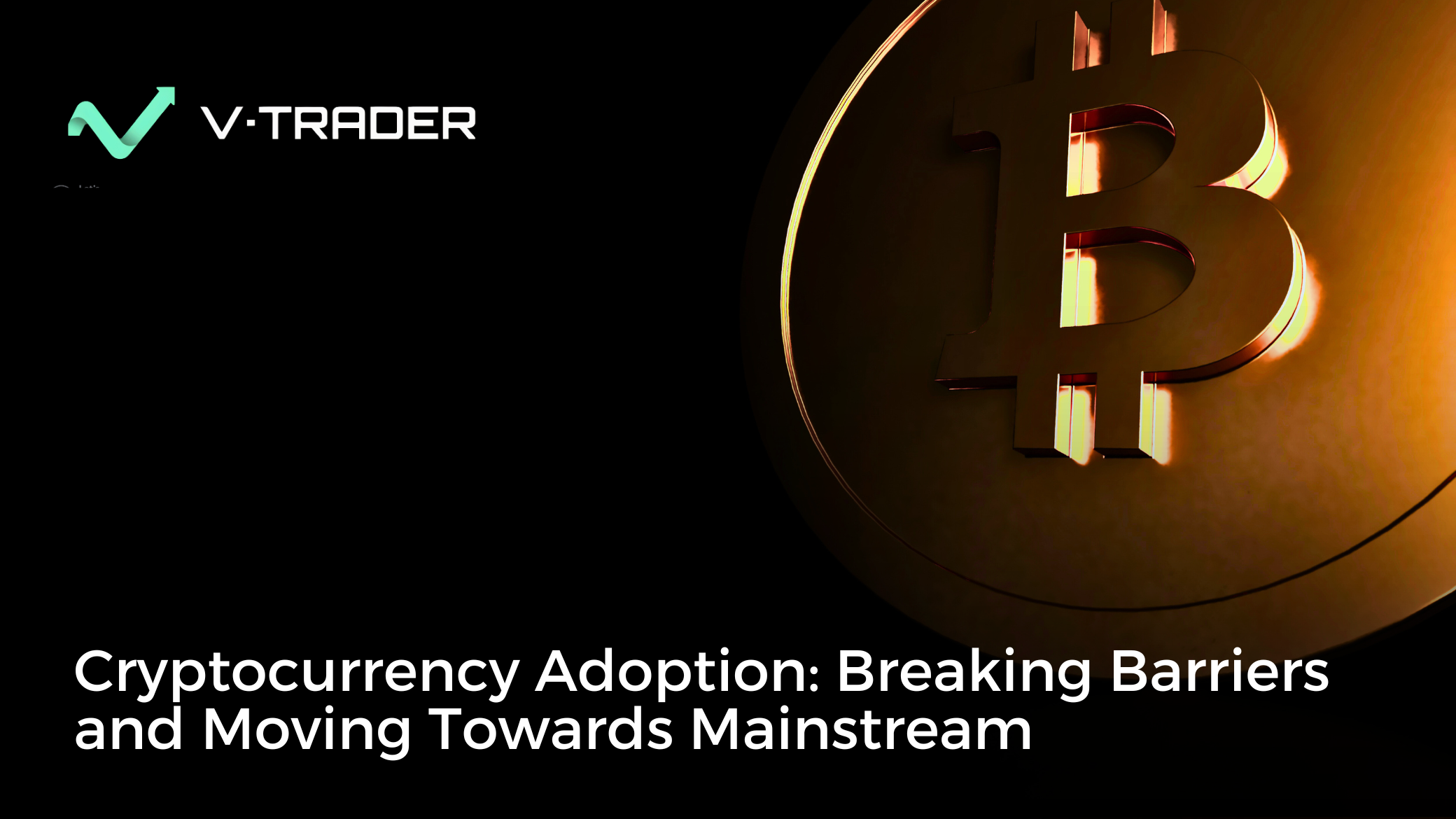In a strategic move poised to shake up the mapping technology landscape, Solana-based NATIX has announced a partnership with Southeast Asian taxi giant Grab, aiming to roll out advanced DePIN mapping across the United States and Europe. As of May 6, 2025, this collaboration promises to meld decentralized tech with Grab’s seasoned expertise in data crowdsourcing, offering a tantalizing glimpse into the future of global mapping.
A New Frontier for Mapping
NATIX, a prominent player in the decentralized physical infrastructure network (DePIN) space, is set to leverage its innovative mapping solutions on Solana’s blockchain. This partnership will see the integration of Grab’s hardware and AI capabilities, allowing NATIX to expand its reach beyond its current boundaries. “We take care of the data collection side, and we essentially monetize this together,” explained Alireza Ghods, co-founder of NATIX, in a recent interview with CoinDesk. This mutually beneficial relationship will see Grab acquiring valuable data to bolster its mapping services in new territories, while NATIX gains access to cutting-edge technology to refine its offerings.
The partnership is particularly noteworthy as it represents a significant step for Grab, traditionally associated with Southeast Asian markets, in its quest for global presence. “We’re starting in the markets of the EU and US, where [Grab] is not present. So this is us combined with Grab, going for global expansion,” Ghods added. This cross-continental ambition underscores the increasing importance of blockchain-based solutions in traditional industries, blending the efficiency of decentralized networks with established corporate infrastructures. This trend is further explored in our recent coverage of how Bitcoin DeFi will have 300M users, beating Ethereum and Solana, highlighting the growing impact of blockchain technology.
The Role of DePIN and Solana
DePIN, a blockchain-based system, stands at the core of this initiative. By utilizing DePIN’s capabilities, NATIX and Grab aim to revolutionize how mapping data is collected and utilized. Solana’s rapid transaction speeds and minimal costs make it a preferred choice for such projects, offering the ideal environment for the fast-paced processing of vast data sets essential for accurate mapping.
NATIX’s approach involves crowdsourcing mapping data through user contributions via smartphones, a method that aligns well with DePIN’s philosophy of leveraging community inputs. These contributions feed into decentralized maps, which are then used to train AI models for applications ranging from autonomous vehicles to smart city planning. Contributors are incentivized through NATIX’s native token, $NATIX, creating a symbiotic relationship between the users and the network. This innovative use of AI in crypto aligns with trends discussed in AI Crypto Agents Are Ushering in a New Era of ‘DeFAI’, where AI integration is reshaping the landscape.
Ghods highlighted the rationale behind this collaboration, noting, “The reason that we actually did the collaboration is due to the power of DePIN combined with a very well-established enterprise-grade technology. I think it’s one of the few sectors in crypto that really, really makes sense.” His comments reflect a growing sentiment in the crypto space that practical applications of blockchain technology, like those offered by DePIN, are gaining traction and legitimacy.
Implications and the Road Ahead
This partnership not only sets a precedent for future collaborations between crypto projects and traditional enterprises but also raises questions about the sustainability and scalability of such ventures. The success of NATIX and Grab’s initiative could pave the way for similar endeavors across other industries, potentially altering the landscape of how data is sourced and utilized.
However, challenges remain. The logistics of integrating decentralized systems with established corporate frameworks are complex, requiring careful consideration and execution. Moreover, the potential regulatory hurdles in new markets could pose additional obstacles. Nevertheless, the groundwork laid by NATIX and Grab offers an exciting blueprint for future innovations.
As the partnership unfolds, industry watchers and participants alike will be keen to see whether this ambitious project delivers on its promises. With the integration set to begin in earnest throughout 2025, the coming months will be crucial in determining the viability and impact of this groundbreaking collaboration. Will this venture redefine the mapping technology sector? Only time will tell, but the potential is undeniably vast.
Source
This article is based on: Solana’s Natix and Grab Team Up to Expand DePIN Mapping Into US, Europe
Further Reading
Deepen your understanding with these related articles:
- Mesh Adds Apple Pay to Let Shoppers Spend Crypto, Settle in Stablecoins
- AI-Powered Court System Is Coming to Crypto With GenLayer
- Sam Altman’s eye-scanning crypto project World launches in US

Steve Gregory is a lawyer in the United States who specializes in licensing for cryptocurrency companies and products. Steve began his career as an attorney in 2015 but made the switch to working in cryptocurrency full time shortly after joining the original team at Gemini Trust Company, an early cryptocurrency exchange based in New York City. Steve then joined CEX.io and was able to launch their regulated US-based cryptocurrency. Steve then went on to become the CEO at currency.com when he ran for four years and was able to lead currency.com to being fully acquired in 2025.


